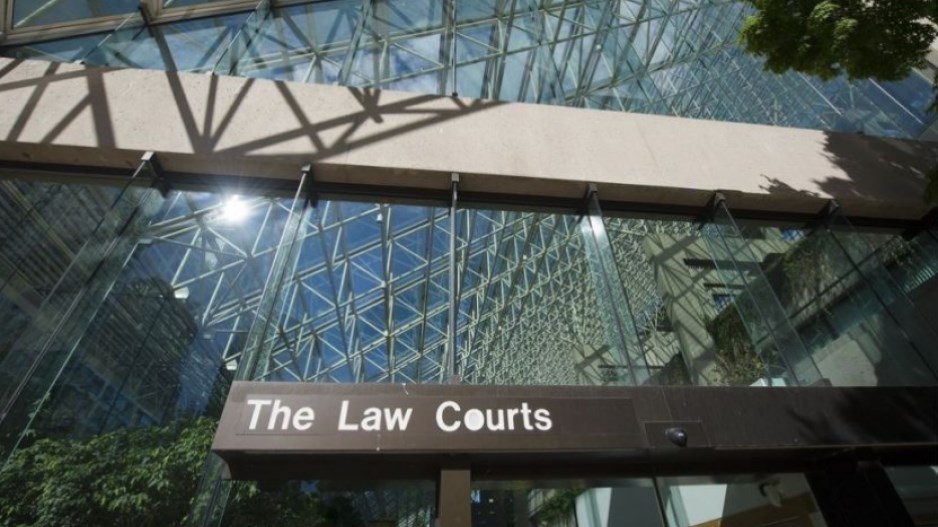Canadian federal court has sided with the Attorney General of Canada in keeping parts of the redacted information seeked by Huawei Technologies Co. Ltd. CFO Meng Wanzhou undisclosed for her extradition hearing.
Judge Catherine M. Kane announced in her judgement dated Aug. 21 (but released to the public this afternoon) from federal court in Ottawa, saying the six documents covered in the Ottawa court application will not see their prohibition-on-disclosure lifted - as was proposed by Crown lawyers and an independent legal consultant known as an “amicus.”
The six documents in question were from the Canadian Security Intelligence Service in the form of situational reports and operational notes. Meng’s defense team has made the request to disclose the documents, arguing they may show evidence of collusion or conspiracy in the arrest of the Huawei executive in Vancouver on Dec. 1, 2018.
Kane, however, felt the “redacted information is not relevant” in that “the redacted information does not respond to or illuminate the allegations of abuse of process” as Meng contends.
“Apart from the additional disclosure provided by way of lifts, short summaries and the provision of the names of the RCMP Officers, there is no further information in the CSIS documents that is relevant to the abuse of process as claimed by Ms. Meng,” the judgement said, while adding that - even if the court had found the information to be relevant, it would have ruled against the additional disclosure.
“If any of the redacted information were marginally relevant — which it is not — the Court would find that its disclosure would be injurious,” Kane ruled. “Taking into account the relevant factors, including the probative value of such information and the nature and extent of the injury, the Court finds that the public interest in disclosure to Ms. Meng of the remaining redacted information would be outweighed by the public interest in non-disclosure.”
The documents - in their redacted forms - were originally provided to Meng’s defense by Crown counsel in response to a request made in the extradition hearings. The Attorney General’s office subsequently applied on April 24 to uphold the existing statutory prohibition of disclosure on certain sensitive information.
The fight over what evidence to disclose also took place earlier this month in Vancouver, where associate chief justice Heather Holmes held a one-day public hearing - then moved the proceedings behind closed doors (in camera) to protect the sensitive information.
In the closed sessions, Crown counsel and amicus Anil Kapoor submitted a joint proposal to the court that included lifting some redactions and providing summaries in other cases. But Kane ruled that the court, in conducting its own review, found that the redacted information in the six documents were not relevant to Meng’s abuse-of-process allegations against Canadian authorities.
This is the second setback experienced by Meng's defense during the proceedings this year. In the spring, Holmes ruled in favour of the Crown in the case satisfying double criminality - that Meng's alleged actions would have constituted an arrestable offence in Canada as it did in the United States, which is required for extradition. Meng had argued that the alleged criminal activity stems from U.S. sanctions against Iran and was not arrestable in Canada because Ottawa did not follow suit in agreeing to relevant sanctions.
The Meng extradition process is set to resume in Vancouver in front of Holmes in late September.




